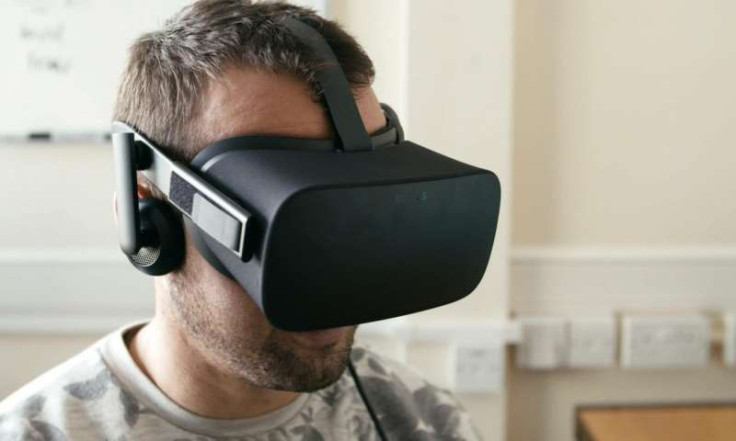Work in a high-risk industry? Virtual reality may soon become part of routine training
Immersive training videos could be used to train workers in construction, mining and nuclear power.

Workers in high-risk industries may in the future be given virtual reality (VR) training to help them learn to deal with dangerous situations. A new technology organisation called Cineon Training is developing immersive training videos that to train workers in "safety-critical" roles like engineering and aviation without putting them in harm's way.
The 3D, computer-generated simulations are shot in 360 degrees and then shown to workers through a virtual reality headset. The idea is to simulate the situation as if the person was actually there so that researchers can analyse how workers act under pressure.
The VR experiences are being built with help from scientists from the University of Exeter. The headsets will be combined with eye-tracking technology and "physiological monitoring" tools that will let researchers monitor the behaviour of trainees.
It is hoped that doing so will provide insight into why people act the way they do in stressful scenarios, and the errors they make while under pressure. "Our aim is to use technology, scientific theory and measurement techniques such as eye-tracking to train people – in a safe environment – to perform more effectively, and provide feedback to trainers," said University of Exeter scientist Dr Sam Vine.
Virtual reality training could have applications across dozens of high-risk industries, including construction, mining, emergency medicine and nuclear power. The technology has already seen use within medicine, particularly around psychological rehabilitation, and most experts agree VR's biggest implications lie outside of the gaming industry it currently dominates.
The researchers will meet with training instructors and safety experts from the nuclear industry on 27 April for a one-day workshop where the technology will be demonstrated. "We have been doing research into simulated training in surgical, military and aviation settings for the past 10 years," said Vine.
"This work brings these techniques into the 21st Century using immersive head-worn technology. Combined with our understanding of the psychology of learning and performing under pressure, we believe this to be a highly effective way to learn and perfect skills."
© Copyright IBTimes 2025. All rights reserved.






















